OpenAI's Sam Altman shared on his blog his recent updates for the industry:
Our mission is to ensure that Artificial General Intelligence (AGI) benefits all of humanity. As systems that point toward AGI come into view, it is crucial to understand the moment we are in. Though AGI is not strictly defined, we refer to it as a system capable of solving increasingly complex problems at a human level across multiple domains.
Humanity has always been driven to create and understand, leading to technological advancements that improve lives. Each generation builds upon previous discoveries—electricity, the transistor, the computer, the internet—and now, AGI. While AGI is another step in this progression, it also represents a fundamental shift. The potential economic growth ahead is staggering, with possibilities such as curing diseases, increasing leisure time, and unlocking human creativity. In a decade, individuals may achieve more than the most impactful person can today.
The Economics of AI
The rapid progress of AI development has three key economic observations:
- Scaling Intelligence: The intelligence of AI models is roughly proportional to the logarithm of the resources used to train them. Investment in compute power, data, and inference leads to continuous and predictable improvements.
- Cost Reduction: The cost of AI usage drops significantly—about tenfold every 12 months—driving increased adoption. For example, the per-token cost from GPT-4 in early 2023 to GPT-4o in mid-2024 declined nearly 150x.
- Super-Exponential Value: As AI intelligence increases linearly, its socioeconomic value scales super-exponentially, suggesting that heavy investment in AI will persist for the foreseeable future.
If these trends continue, their societal impact will be profound.
AI as a Virtual Workforce
We are beginning to introduce AI agents that function as virtual co-workers. Imagine a software engineering AI capable of performing tasks at the level of a skilled junior engineer, requiring human oversight but significantly enhancing productivity. Now envision one million such agents across various fields—this transformation could reshape the workforce much like the transistor revolutionized computing.
While life in the short term will remain familiar, long-term societal and economic changes will be vast. New opportunities will emerge, and skills such as adaptability, strategic thinking, and resilience will become increasingly valuable. AGI will amplify human agency, enabling individuals to have a greater impact than ever before.
The Uneven Impact of AGI
The integration of AGI will not be uniform across industries. Scientific progress is likely to accelerate dramatically, while other sectors may change more gradually. Prices of many goods will fall as intelligence and energy costs decrease, though scarce resources like land may become even more expensive.
Technologically, the path forward appears clear, but public policy and societal adaptation will be critical. Our approach of launching AI products early allows for co-evolution between technology and society. AI will become embedded in all facets of life, necessitating greater individual control and open-source solutions. Balancing safety with personal empowerment is essential, as AGI could be used for either widespread benefit or authoritarian control.
Ensuring Broad Benefits
Historically, technological progress has improved metrics such as health and economic prosperity, but equality is not guaranteed. Addressing potential imbalances between capital and labor may require innovative solutions, such as providing universal access to AI computing power. The goal is for everyone in 2035 to have intellectual resources equivalent to the entire world’s capacity in 2025.
By unlocking the potential of untapped talent and lowering barriers to intelligence, AGI can drive unprecedented global creativity and progress, benefiting humanity as a whole.






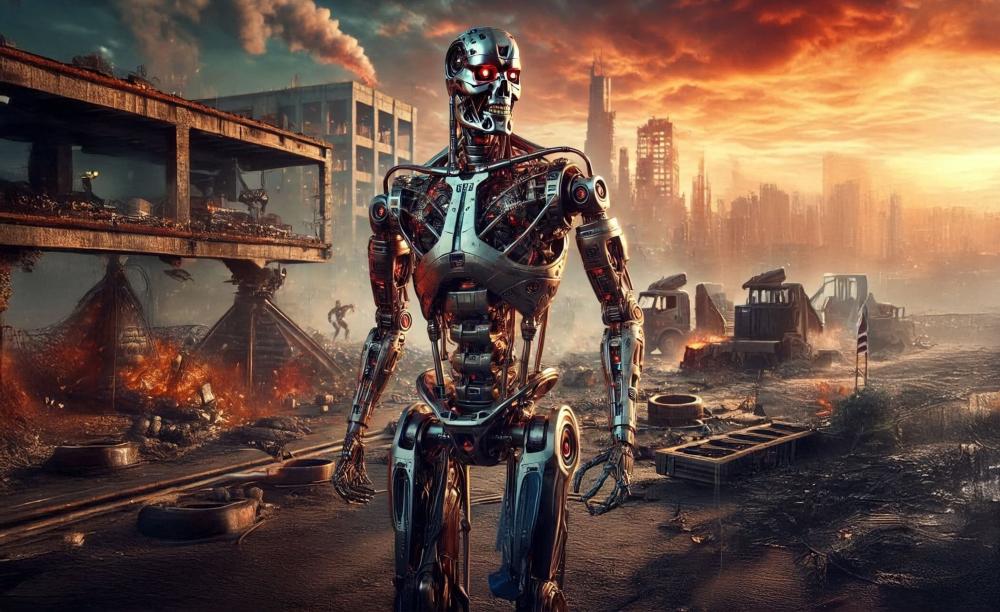










































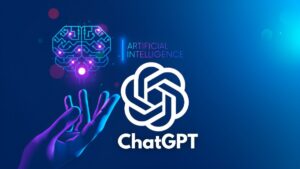


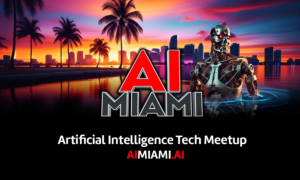




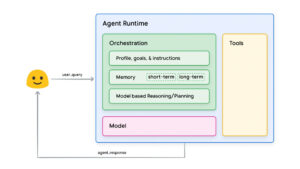



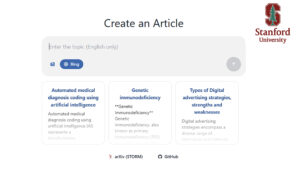


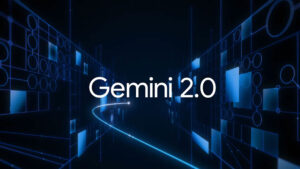























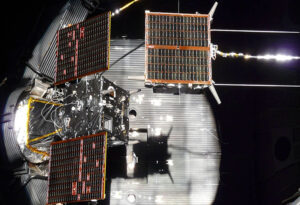






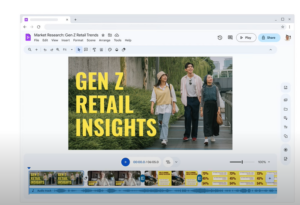


















Validate your login
Sign In
Create New Account